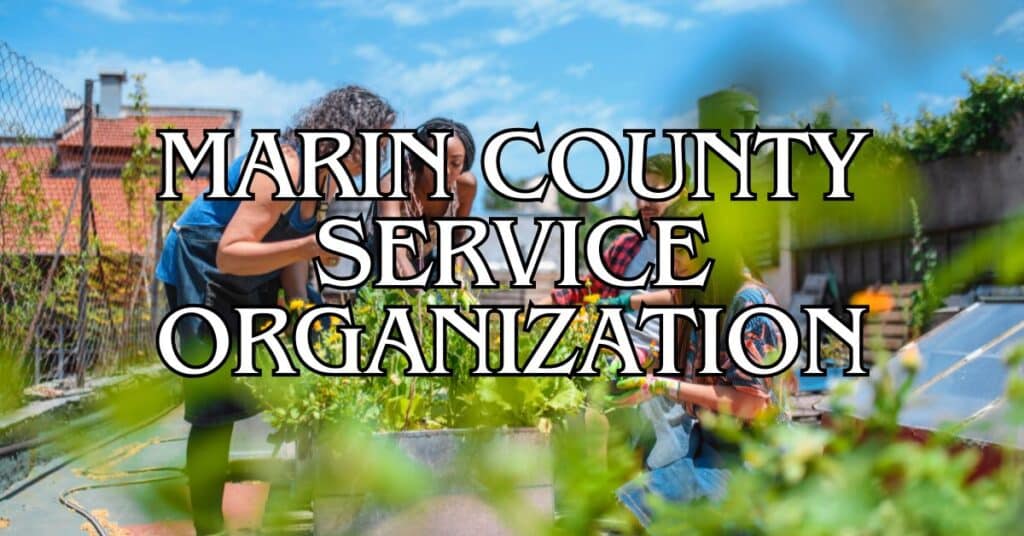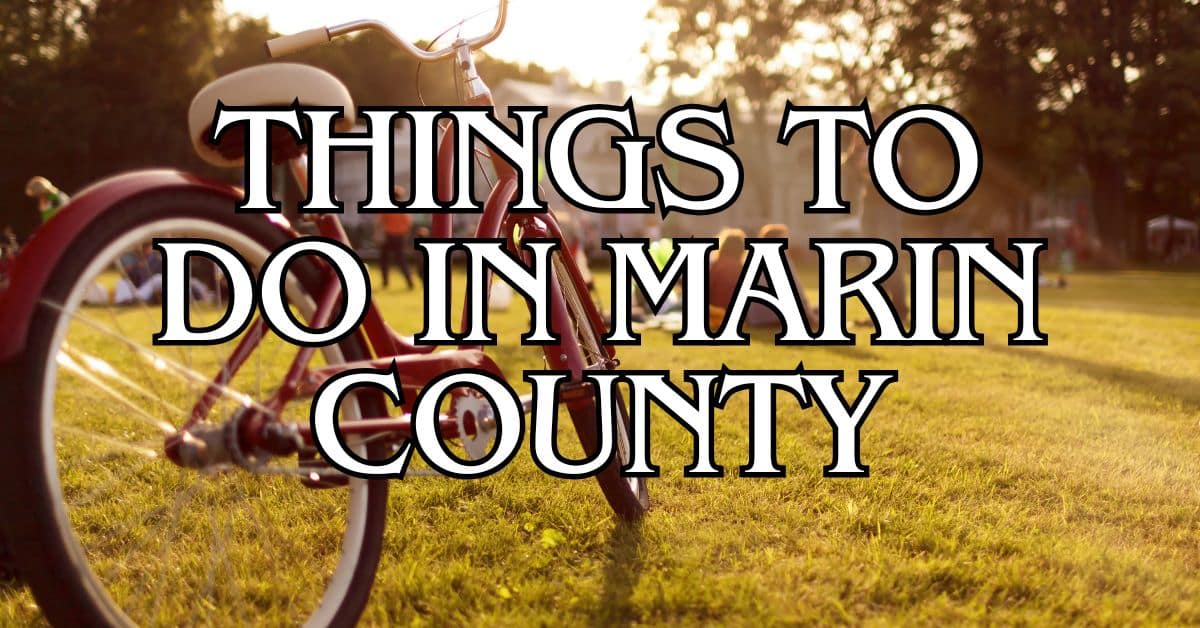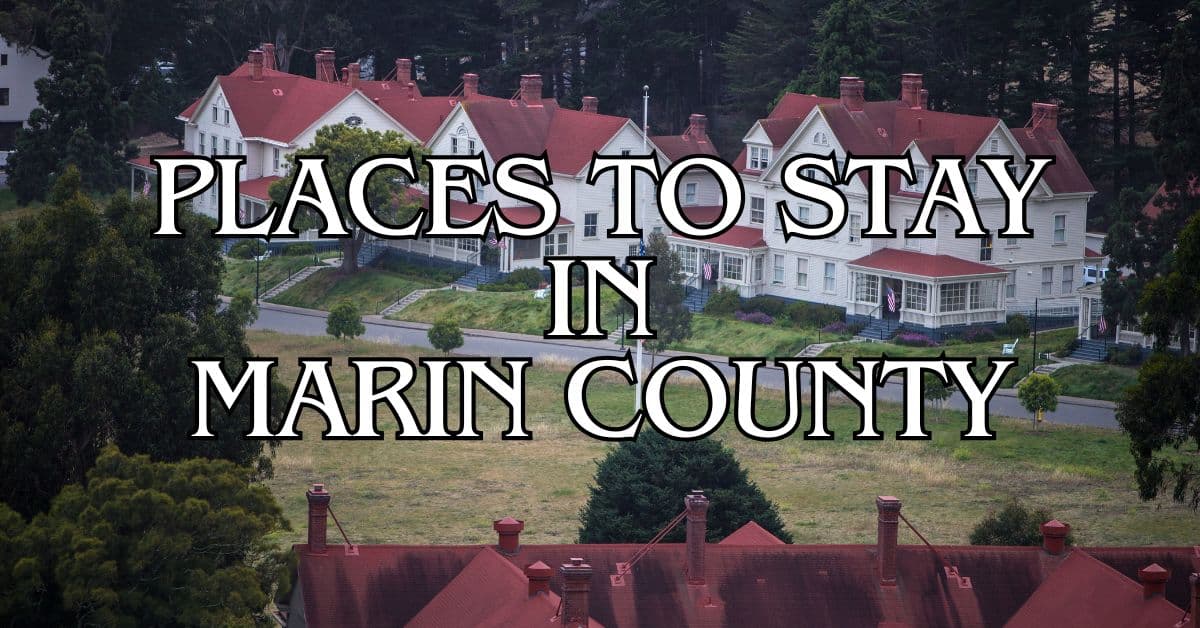For many teens facing challenges, finding a way to connect and grow can be difficult.
In Marin County, innovative programs like Horse Sense for Teens-at-Risk offer meaningful experiences that help build self-confidence and personal growth.
Get a discount of 15% to 70% on accommodation in Marin County! Look for deals here:
Marin County Hotels, Apartments, B&Bs
Through interactions with horses, teens develop valuable life skills such as trust, responsibility, and communication.
These service organizations in Marin County focus on equine-assisted learning, where horses become partners in teaching at-risk teens about self-awareness and emotional control.
Programs centered around working with horses encourage adolescents to step outside their comfort zones, fostering leadership and teamwork.
By engaging with these gentle giants, participants gain insights that traditional methods may not provide.
Organizations in the area emphasize the power of equine activities to transform behavior and mindset. This unique approach offers an alternative path to healing and development.
The combination of natural surroundings and the calming presence of horses enables teens to rediscover their strengths and potential.
Understanding Teens-at-Risk
Teens at risk in Marin County face various challenges that can impact their mental health and development. These challenges often involve unique behavioral, psychological, social, and environmental factors.
Defining At-Risk Behaviors
At-risk behaviors among youth often include patterns that might lead to negative outcomes. In Marin County, these behaviors can involve truancy, substance abuse, or involvement in criminal activities.
Teens might also struggle with anger management and display aggression or hostility. Other behaviors include self-harm and risky sexual activities, which could have long-lasting impacts.
Engaging in these behaviors may be linked to seeking acceptance or relief from stress and emotional pain.
Understanding these actions can help identify youths who need guidance and support.
Psychological Factors in At-Risk Youths
Psychological issues play a major role in at-risk youth. Many face emotional challenges like depression and anxiety, which can lead to more serious concerns if left unaddressed.
Trauma, such as abuse or neglect, often contributes to these psychological difficulties. It can disrupt typical development and result in behavioral issues.
Some teens might turn to substances as a coping mechanism, leading to addiction and further mental health problems.
Addressing these psychological factors requires early intervention and access to mental health services in Marin County.
Social and Environmental Influences
Social and environmental conditions are critical in understanding at-risk youth. Family dynamics, peer pressure, and socioeconomic status in Marin County can deeply influence a teen’s behavior and choices.
A lack of supportive relationships or mentorship can drive teens to seek acceptance in unhealthy environments. Schools and communities play a significant role in providing positive outlets and activities, which can deter engagement in negative behaviors.
Community-based programs and service organizations in Marin County are essential for offering resources and support to help guide at-risk teens toward healthier paths.
Equine-Assisted Interventions
Equine-assisted interventions offer diverse benefits, especially for teens at risk in Marin County. These therapies utilize horse-human interactions to improve self-esteem, communication, and coping skills. This section explores the practices and benefits of equine therapy and natural horsemanship.
Overview of Equine Therapy
Equine therapy in Marin County includes various approaches like equine-assisted therapy and equine-assisted psychotherapy. These practices focus on emotional and psychological benefits by encouraging interaction with horses.
Participating teens often experience improvements in self-esteem and emotional regulation. By building trust and learning from horses, teens develop coping skills essential for managing life’s challenges.
This hands-on approach provides a unique way for teens to connect with their feelings and build empowerment.
Techniques of Equine-Assisted Therapy
Techniques used in equine-assisted therapy vary and are tailored to individual needs.
Activities range from grooming and leading exercises to more structured sessions like groundwork and mounted activities.
In Marin County, therapists often use exercises that enhance understanding of non-verbal communication, fostering self-awareness and empathy. Clients often report feeling more in control of their emotions and actions after engaging in these practices.
This helps them develop essential life skills, promoting positive changes in behavior and emotional health.
The Role of Natural Horsemanship
Natural horsemanship plays an essential role in healing with horses in Marin County. This approach emphasizes gentle communication and partnership with horses, creating an environment of mutual respect.
It encourages participants to observe and adapt to horse behaviors, enhancing the understanding of non-verbal cues.
As teens learn to communicate effectively with horses, they gain insights into themselves and others.
This practice not only builds self-confidence but also empowers them to handle challenges more effectively. By fostering a sense of responsibility and connection, natural horsemanship contributes to personal growth and emotional healing.
Building a New Foundation
Horse sense programs in Marin County are helping young adults develop independence, responsibility, and essential coping skills. These initiatives pave a path for teens to transition into more empowered and stable lives.
From Dependence to Independence
Programs focusing on horse therapy can help teens transition from dependence to independence. Participants learn to make decisions and solve problems on their own.
Working with horses requires clear communication and quick thinking, encouraging youth to trust their instincts.
In Marin County, these activities often include caring for horses, where teens must decide the best way to complete tasks.
This hands-on approach fosters a sense of autonomy and boosts self-esteem, making it easier for them to navigate life’s challenges.
Creating a Path to Responsibility
Horses demand regular care, creating a built-in system of accountability for young adults. Adolescents learn to take charge of daily tasks such as feeding, grooming, and maintaining stable conditions.
This routine fosters a sense of responsibility that extends into other areas of their lives.
Adhering to a schedule helps participants manage their time effectively, which is crucial for balancing academic and personal commitments. Marin County’s programs emphasize punctuality and thoroughness, crucial attributes for future endeavors.
Lifestyle Changes and Coping Skills
Coping skills are crucial for managing stress, loss, and other emotional challenges.
Through interactions with horses, teens learn to stay calm and adapt to unexpected situations. This enhances their emotional resilience and ability to handle difficulties.
Horse sense programs typically integrate lifestyle changes such as regular sleep routines and physical activity.
This holistic approach to well-being supports improved mental health and reduces anxiety. Empowerment through these changes equips teens with the tools needed to overcome life’s hurdles more effectively.
Programs and Support Systems
In Marin County, California, programs focused on at-risk youth provide robust support to help improve mental health outcomes and social skills. These initiatives often involve residential treatment, nonprofit organizations, and community support networks.
Residential Treatment Programs
Marin County offers several residential treatment programs designed to help at-risk youth develop necessary life skills in a structured environment.
These programs provide intensive psychological and behavioral support, helping teenagers manage mental health challenges in a safe setting. Adolescents receive personalized care, focusing on improving social skills and emotional regulation, which are often addressed using therapeutic approaches like equine therapy.
Through these programs, teens learn self-discipline, accountability, and cooperation. Living with peers facing similar challenges can foster a sense of community and understanding among participants.
Nonprofit Resources for At-Risk Youth
Nonprofit organizations in Marin County are crucial in supporting at-risk youth.
They offer various resources such as mentorship programs, workshops, and group activities that emphasize personal growth and emotional development.
Programs like Horse Sense for Teens partner with horses and nature to build confidence and social awareness.
These organizations often collaborate with schools and local agencies to identify and assist struggling teenagers.
Their initiatives aim to empower young individuals by improving communication skills and emotional resilience. Many nonprofits focus on preventive measures to address issues before they escalate, providing a safety net for these youths.
Community Engagement and Continued Support
Community support in Marin County extends beyond formal programs, involving families, schools, and local groups working together to support at-risk youth.
Community centers and organizations host events and workshops to engage teens in positive social interactions. These activities help instill a sense of belonging and purpose.
Volunteer opportunities and mentorship programs enable young people to connect with role models, which can be crucial for their personal development.
Engaging with the community provides at-risk youth with a supportive network that encourages growth and healing. This continued support helps them navigate the challenges they face and builds a foundation for a brighter future.
Get a discount of 15% to 70% on accommodation in Marin County! Look for deals here:
Marin County Hotels, Apartments, B&Bs






